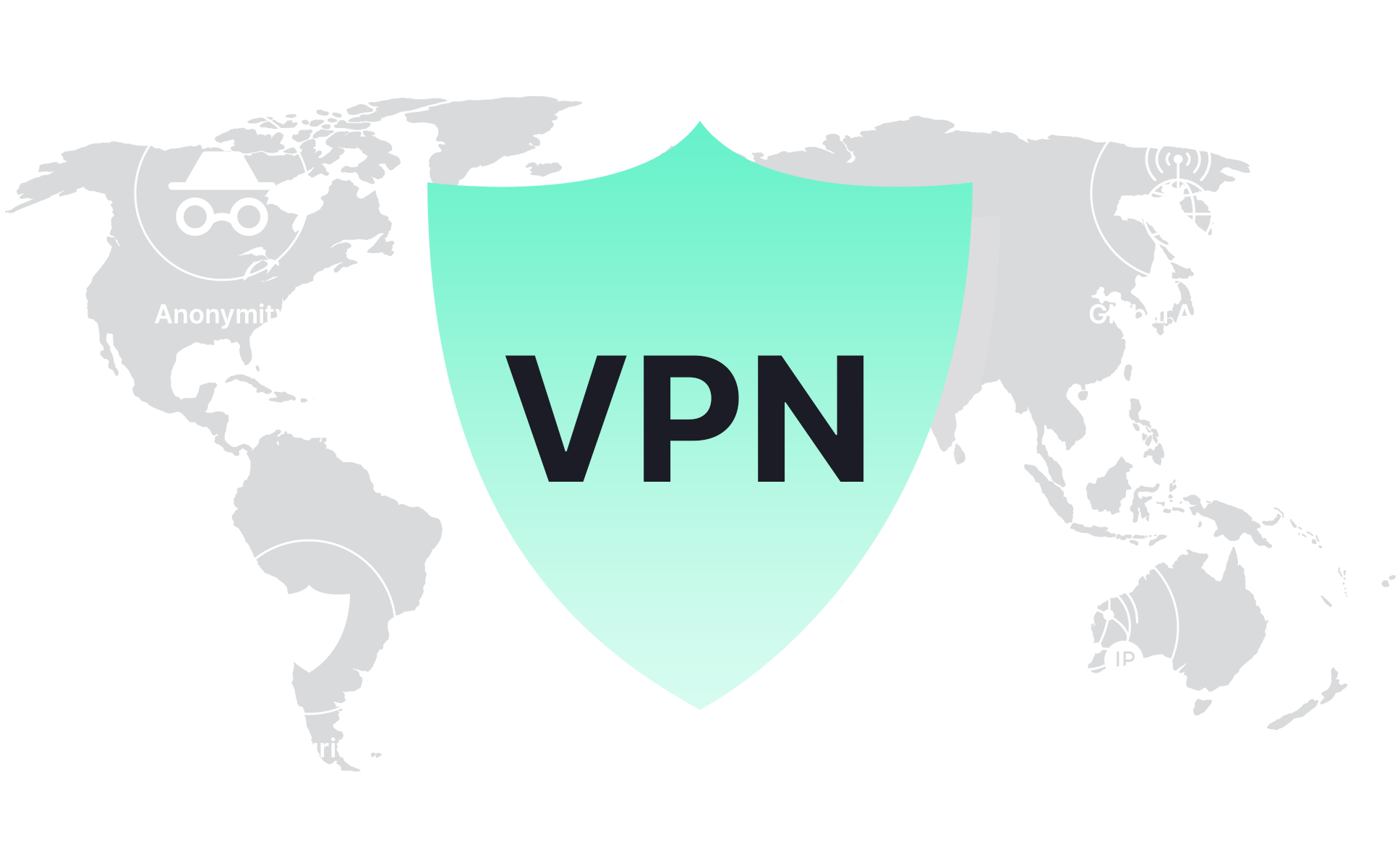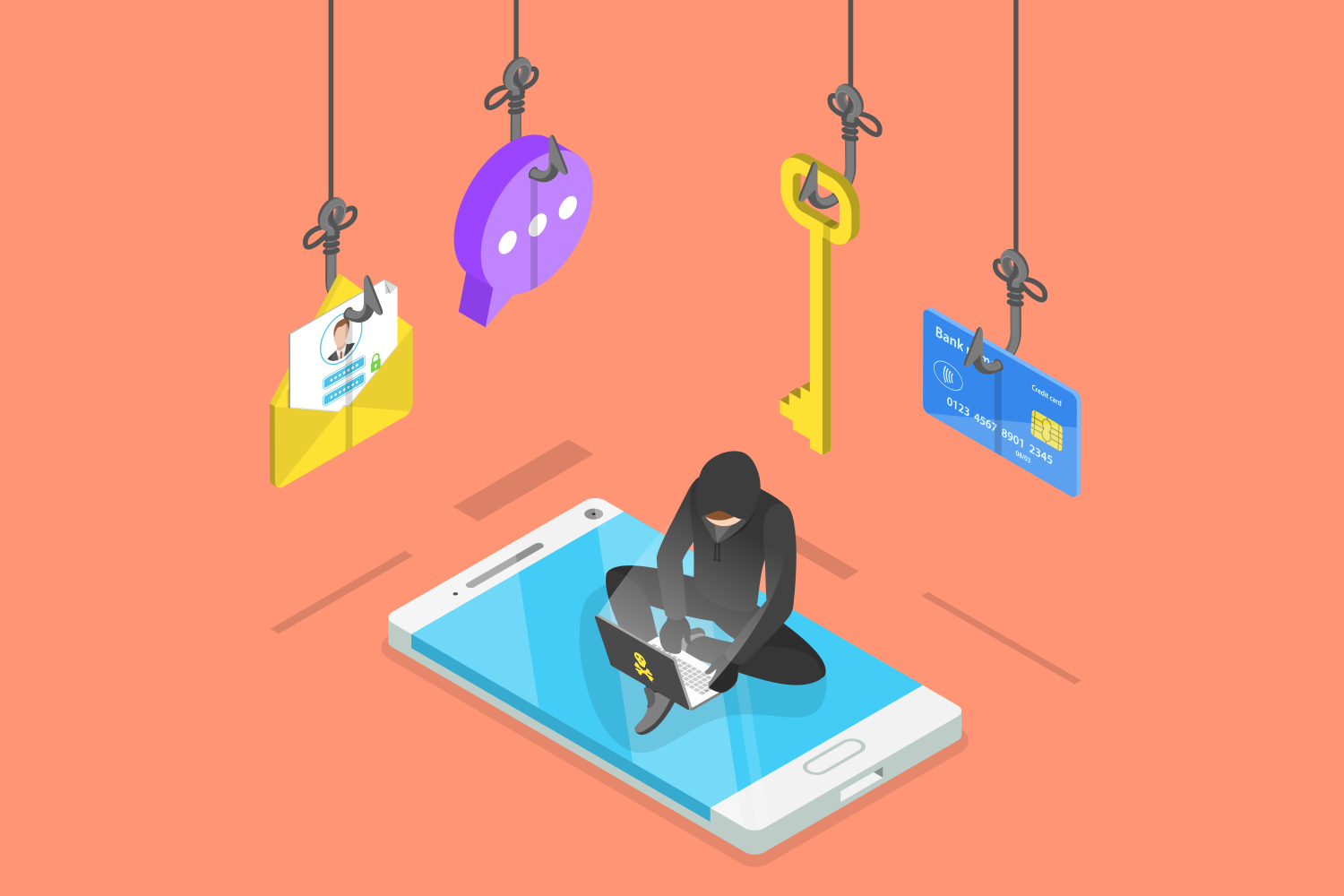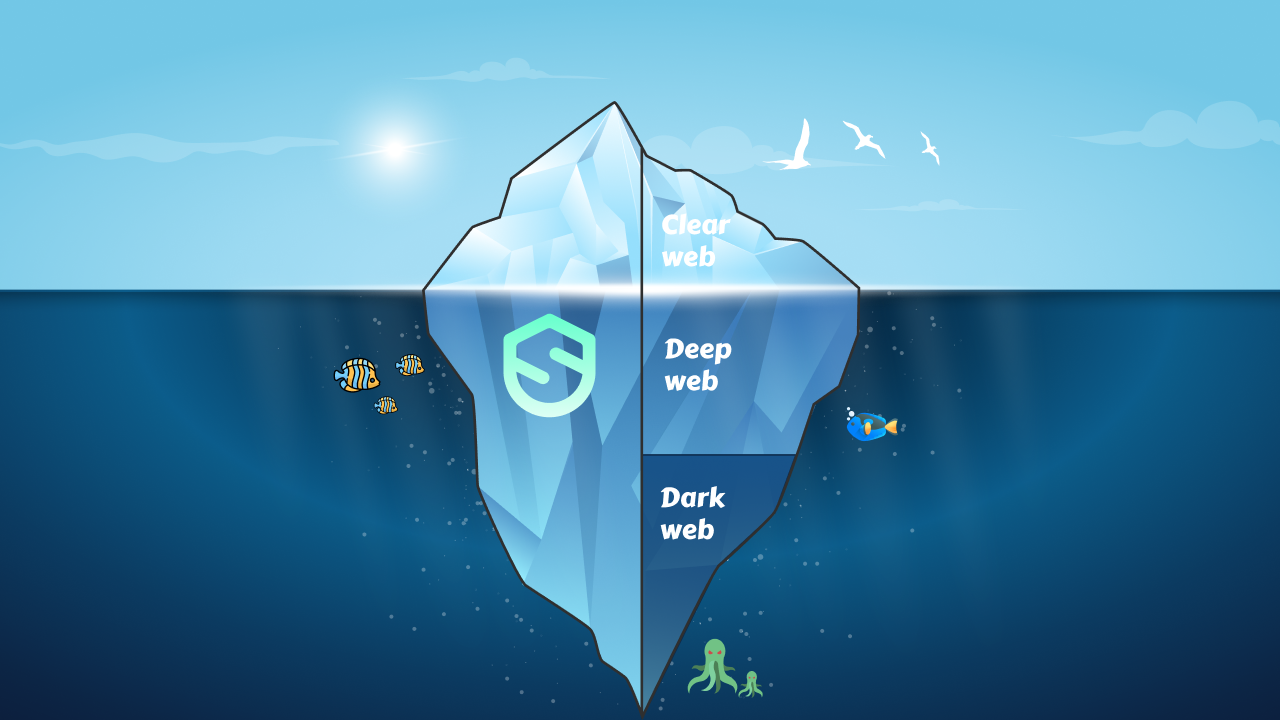What Can Someone Do With Your IP Address?
You probably don’t think too much about your IP address, but maybe it’s time you did as IP can reveal more than you know.
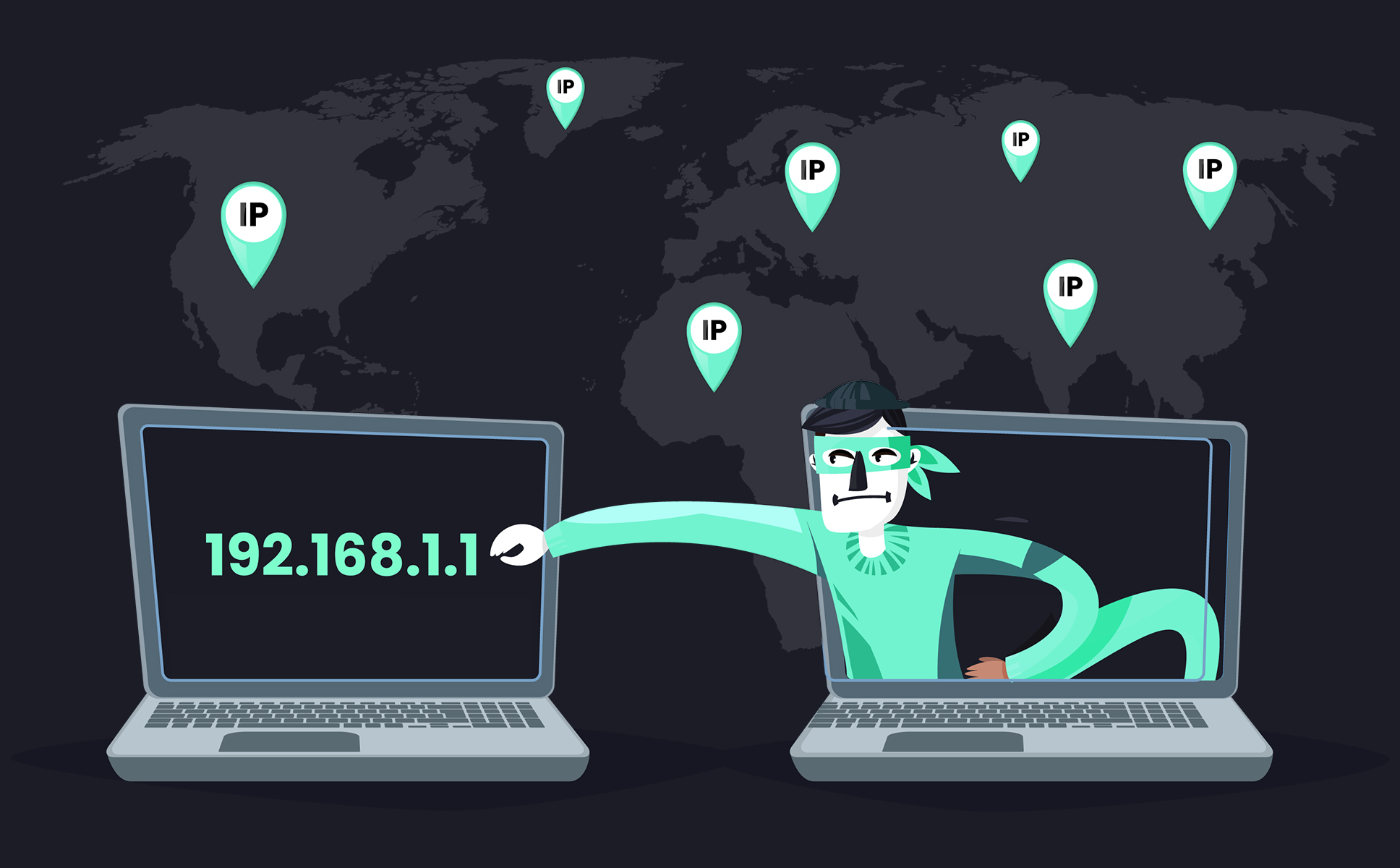
What is an IP Address?
Consider your IP address your house number. It's a means for other devices to identify your device, similar to how a house's address may be used to locate it. An IP address is a network address for your computer that tells the internet where to send your emails, data, and photos. Servers send data to and from your device using its IP address.
When Privacy Hits Close To Home
Every time you click something online it’s like signing a guestbook, with your IP address acting as the signature you leave behind.
IP addresses do reveal your geolocation like the city, ZIP code, or area code from where you are connecting to the internet at that moment, which is why IP addresses change every time you connect from a new location or when you are using a new router.

A website or even a person (maybe a friend to whom you previously sent an email) might not be able to pinpoint your exact location using your IP address, but they might get a clear picture of where you are.
• They might figure out roughly where you are located based on your IP address even if you don't provide them any other identifying information.
• They may analyze your IP address at any moment after you first contact them; it is not necessary for it to be done in real-time.
• You might still be tracked back to your network even if you didn't make any transaction from the site.
How Your IP Address Could Lead Anyone to Your Front Door
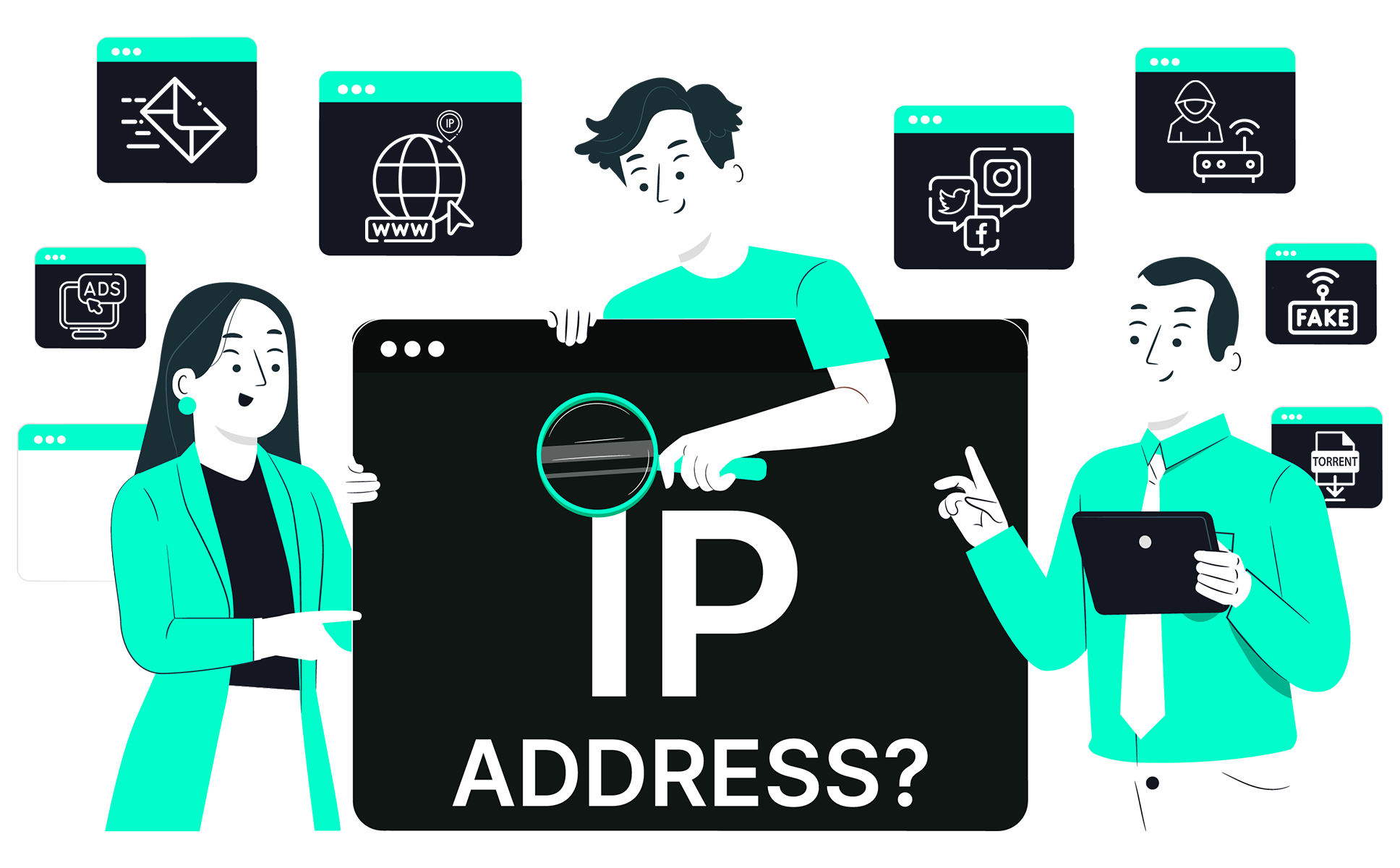
• Borrowing your devices: Sometimes, someone ill-intentioned may masquerade as friends and ask to use your device. If they’re using the device on your home network, it will take a few clicks to find your public IP and the private IPs of the devices on that network immediately. There are countless free websites that let you do that.
• Emails: If you fall into the hacker’s trap and send them an email, they only need to check the email header to see your IP address. Some email providers, like Microsoft Outlook, Thunderbird, and Yahoo! display your IP address in email headers. Gmail doesn’t display the IP in the header, but hackers can find it with the help of email header analyzers.
• Click links: Every time you click something online it’s like signing a guestbook, with your IP address acting as the signature you leave behind. This includes social media sites, internet forums, chatrooms, and blogs you comment on. All these platforms can view your IP address. Hackers may create a legitimate online ad and then tap the information your device exchanges with their web server to get the IP address.
• Click ads: When you click on an ad, you’re giving your IP to the service provider. Some online ads can be created by malicious actors and put your security at risk.
• Tapping into your router: A hacker can target your router’s vulnerabilities or crack your password to gain access to your network. If you haven’t changed the router’s default admin login credentials, they use the standard passwords for most popular routers to log in and view your IP address.
• Torrenting: When downloading torrent files, the torrenting site displays the IP addresses of the peers list. Peers refer to torrent clients downloading the same file at a particular time. Hackers could be among the peers, but they aren’t there to download the file — they want to steal the IP addresses.
• Social networks: While using social media is fun, these platforms collect a lot of sensitive information about your life, friends, habits, interests, and even your IP.
• Fake free Wi-fi hotspot: Hackers can set a fake hotspot to trap you and steal your IP address and personal information or even infect your device with malware.
What can people do with your IP?

1. Hack Into Your Computer
The internet uses ports as well as your IP address to connect. There are thousands of ports for every IP address, and a hacker who has your IP can try all of those ports to brute-force a connection, taking over your phone for example, and stealing your information. A cyber attacker can hack into your PC and steal your private information, or install malware on it —this is more practically possible if they have your device's local IP address.
2. Track down Your Identity and Location
A hacker can’t know who you are through your IP address. However, they can use it to find who you are and see where you live. The IP alone isn’t enough to learn your name, home address, or phone number. However, it is linked to your internet service provider. As a result, a skilled hacker can use network attacks to get personally identifiable information (PII) from your ISP.
3. Carry Out DDOS or DOS Attacks
Distributed Denial of Service (DDOS), or denial of service (DOS) is one of the most brutal attacks that may result when hackers target your IP to comport an attack. In this case, the hackers use a network of controlled computers to bombard your device with data. As a result, the device disconnects from the network and shuts down. Hackers carry DoS attacks to net easy money. For this reason, it typically targets organizations and rarely individuals. They perform service attacks to bring the companies down to their knees then demand a massive payout to call off the dogs.
4. Impersonate You for Illegal Activities
With hacked IP addresses, a hacker or malicious snooper can learn your approximate location, so they can better tailor their social engineering or phishing attacks to get hold of personal details. These details include your phone number, name, mailing address, social handles, Social Security number (SSN), and birthdate. That data set is a goldmine for identity thieves. They will piece it together and try to impersonate you, sometimes for malicious purposes.
For example, downloading copyrighted files and child pornography, trafficking drugs or traversing the dark web. If law enforcement authorities come calling, it will take a lengthy legal battle to prove you didn’t download illegal content or engage in criminal activities. Download a credible VPN, protect your IP address, and you will protect yourself from the world of cybercrime.
5. Track Your Online Activity
Since your IP address gives websites and apps information about your network location, right about anyone that's tech-savvy can use this information to trace where you are. And sadly, it's hard to tell if someone is spying on you via your IP or not. As said, websites or apps only need your IP address to deliver content accurately. So they typically don't go the extra mile to figure out your actual location. Stalkers might want to do so to trace your footsteps using lookup tools. Even if your IP doesn't lead stalkers to your doorstep, it's how they get an idea of your commutes. So they're likely to know where you connect from after all. And as far as you use the internet, they can update their feed anytime to see where you last visited.
How do I stop someone from using my IP address?
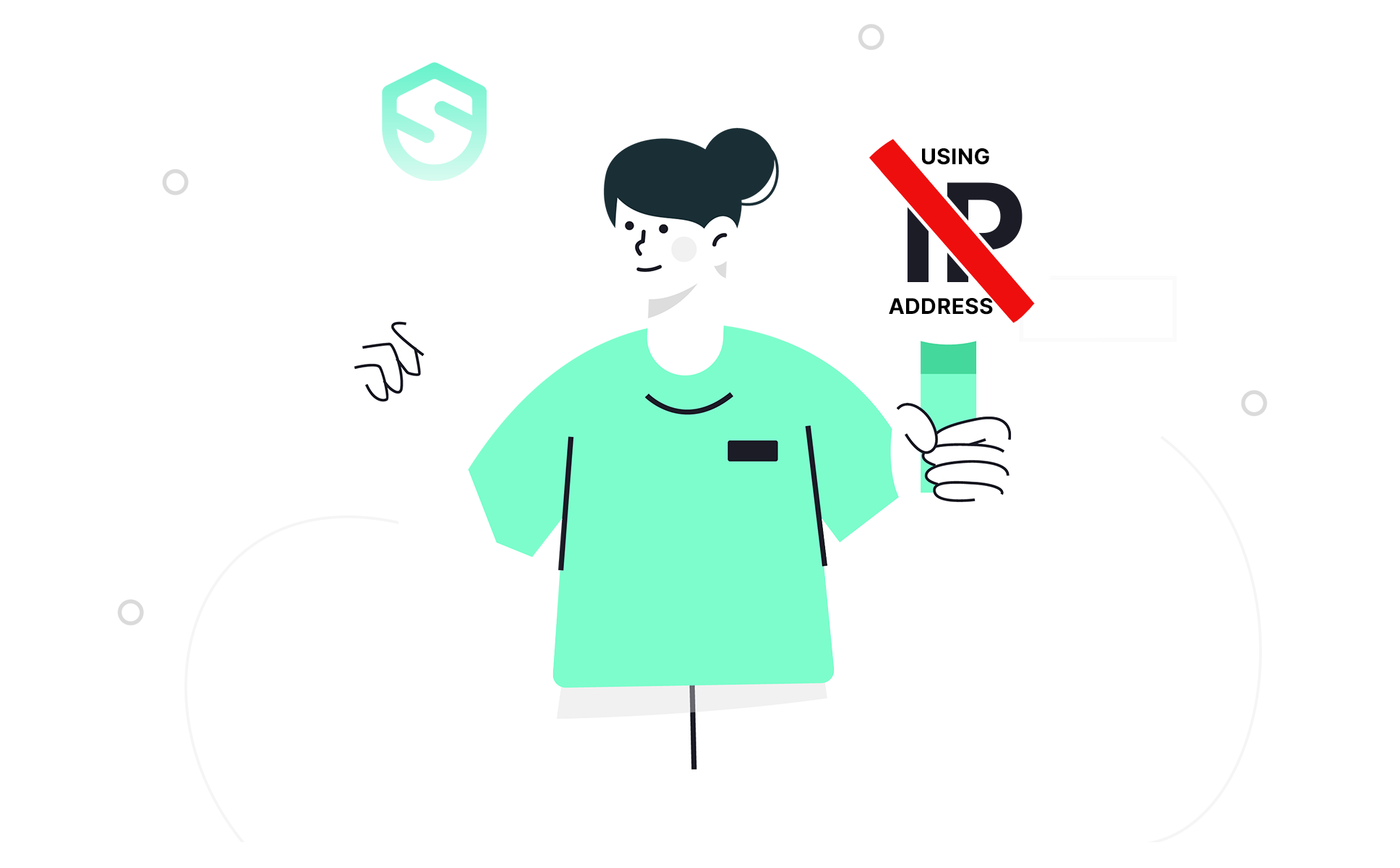
1. Change your privacy settings
Change the settings on all your instant messaging as well as any other apps to “private” and don’t accept calls or messages from people you don’t know. Hackers are known to gain access to your IP address through messaging apps like Skype.
2. Update your firewall and router
A criminal can hack your router remotely and retrieve your IP address, especially if you’re still using the default one. Change your router's password on a frequent basis, and use a lengthy combination of upper and lower case letters, numbers, and special characters.
3. Use a VPN
A virtual private network (VPN) is the best tool to protect your IP address. Nearly all the ways hackers get someone’s IP address are linked to online activities. Using a VPN to protect your online activities can block most of the paths to hackers seeing your IP. When you connect to a VPN server, it hides your actual IP address and replaces it with its own IP. A hacker will only be able to see the VPN’s IP address, which has no details about your device, ISP, or actual location. Plus, the VPN encrypts your traffic, which means no one will know what you’re doing online. Moreover, hundreds or even thousands of VPN users can share one IP address. This helps you blend in with the crowd, making it nearly impossible to track you down. What’s more, the VPN assigns you a dynamic IP address that changes regularly for additional anonymity. Some VPNs offer static IP addresses, too, though those are only useful to businesses.
Does a VPN hide my IP address?
Yes, that is the case. A virtual private network (VPN) may mask your online identity by encrypting your data and redirecting it via a secure tunnel. To top it all off, a VPN eliminates the possibility of data snooping by third parties such as your ISP. Your online activity cannot be traced back to you, providing you with an additional protection level.
